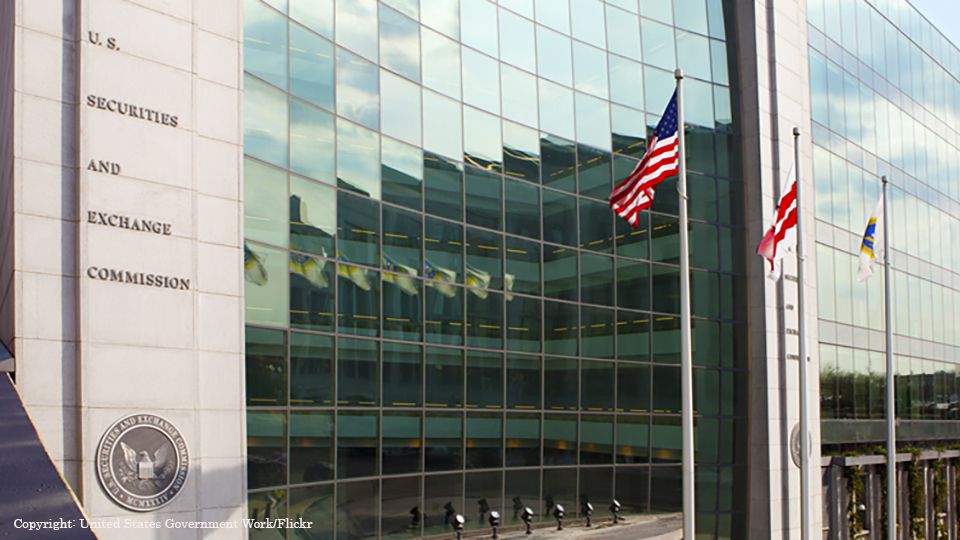The SEC is expected to release final regulations targeting ESG investing over the next 10 months, while the Department of Labor continues to work on the next iteration of a major investment advice rule.
Those updates are contained in the latest federal regulatory agenda released Wednesday by the Office of Management and Budget.
The SEC’s roster of activity encompasses 52 regulations that are either at the proposed or final rulemaking stage. They include closely watched ESG proposals that would impose mandatory climate risk disclosures for public companies, strengthen ESG disclosures for investment funds and investment advisers and reform how investment funds are named to better reflect their strategies.
A final climate disclosure rule is expected in April, while the promulgation of the other two ESG measures have October deadlines.
In April, the SEC is expected to release a final rule on cybersecurity risk management, strategy and governance for investment advisers.
By April, the agency is set to release proposed rules on custody and digital engagement practices for investment advisers, a separate digital rule for brokers and a proposal on complex exchange traded products.
None of the time frames are binding. In fact, agencies often miss the deadlines set out on the federal regulatory agenda. But the list provides a sense of an agency’s rulemaking priorities.
Republican lawmakers and a wide range of financial industry trade associations have criticized SEC Chairman Gary Gensler for pursuing an agenda that is too fast and aggressive. But he has defended the SEC’s pace.
“I support this agenda as it reflects the need to modernize our ruleset, moving deliberately to update our rules in light of ever-changing technologies and business models in the securities markets,” Gensler said in a statement regarding the latest regulatory agenda. “Our ability to meet our mission depends on having an up-to-date rulebook—consistent with our mandate from Congress, guided by economic analysis, and shaped by public input.”
The top rulemaking item for financial advisers on the DOL agenda is one entitled “definition of the term fiduciary.” This measure likely would increase the number of financial professionals who must provide a fiduciary standard of care when providing investment recommendations for 401(k)s, individual retirement accounts and other plans.
It would build upon a regulation finalized during the Trump administration that provides an exemption to federal retirement law that allows retirement plan fiduciaries to take compensation that would otherwise be prohibited — such as commissions and 12b-1 fees — as long as they act in the best interests of their customers.
Lawmakers and financial industry lobbyists have urged the DOL to slow down on the next step in its work on the fiduciary rule. The latest regulatory agenda still indicates a December 2022 deadline for a proposed rule.
The Trump administration rule left in place a five-part test established in 1975 to determine whether an adviser to a retirement plan is a fiduciary. Investor advocates assert the rubric is too permissive and allows too many conflicts of interest for advisers working with clients on retirement saving.
“The proposed amendment to the 1975 regulation would extend the protections associated with fiduciary status to more advice arrangements,” the DOL said in a statement included in the regulatory agenda. “The proposed regulation and associated prohibited transaction exemptions are expected to require providers of investment advice to adhere to a best interest standard, charge no more than reasonable compensation, eliminate or mitigate conflicts of interest, and make important disclosures to their customers, among other things. These protections would deliver substantial gains for retirement investors and economic benefits that more than justify the costs.”
A DOL spokesperson did not immediately responded to a request for comment on an updated deadline for the agency’s fiduciary rule.
This article first appeared in InvestmentNews.








